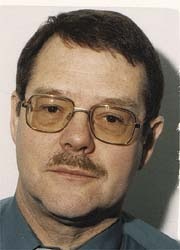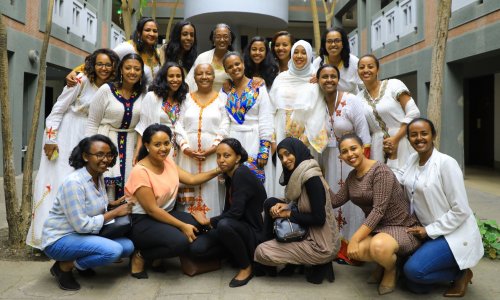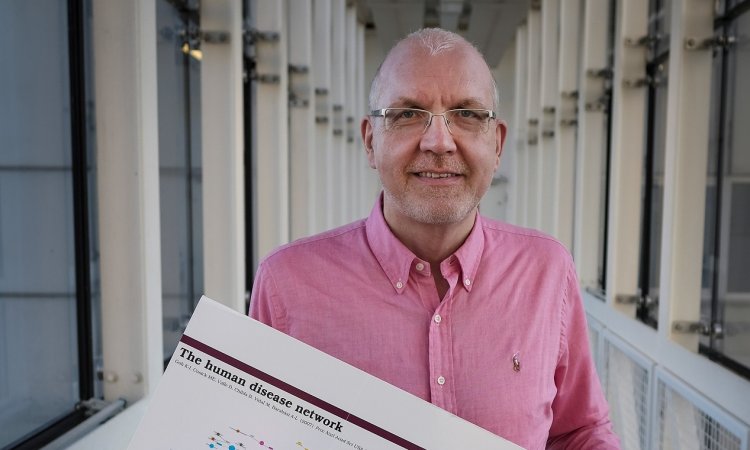A healthcare roundup from our correspondent Keith Halson
Keith Halson, EH correspondent in France reports about Medical Schools under pressure and English-speaking support networks.

Medical schools under pressure
An initiative launched recently by the French health ministry to boost the number of doctors entering the profession by 50% over the next three years is putting a severe strain on the country’s training faculties.
France is facing a growing shortage of doctors and the move, known as the numerus clausus, is aimed at encouraging more students to take up medicine. However, although the medical profession welcomes the increase, the Association Nationale des Etudiants en Medicine is complaining about overcrowded lecture rooms and a general shortage of study courses and programmes. Officials on the student body say the government’s plan is seriously under-resourced and has called for further investment.
Although France has a high doctor-patient ratio – 3.5 per 1,000 in 2006 - many physicians are approaching retirement or tend to retire early. Female colleagues who are also mothers are leaving the service to care for their families. Rural community GPs are less likely to be replaced after they hang up their stethoscopes.
MP Francis Beyrou, a centrist candidate in the recent presidential elections, has suggested that the need for new doctors should be calculated on a regional basis, to accommodate varying demographic needs. He also favours group practices, telephone consultations and extra grants for medical students who agree to work in rural communities for a minimum number of years after they qualify.
English-speaking support networks
TWO British women whose lives have been afflicted by serious illnesses have each set up a charity association to provide help and support to other sufferers and their families throughout France.
The first, Cancer Support France (CSF) was founded in 2003 by British expatriate Linda Shepherd, a former school teacher who contracted breast cancer soon after she moved to this country with her husband, in 2000. She soon realised there was no one else she could talk with – in English – about her feelings.
With her cancer now in remission, Linda and her colleagues are working to expand the all-volunteer organisation that helps English-speaking people all over France, regardless of nationality, to cope with the trauma of cancer.
The charity operates drop-in centres and helplines and tries to provide bilingual speakers who can also attend consultations with patients. Most importantly, it provides someone to talk to – whether face-to-face, on the phone, or by e-mail.
CSF is held in high regard by the French medical profession and is supported by the UK cancer charity Macmillan, which regularly visits France to help train CSF members. Last year, CSF hosted ‘The World’s Biggest Coffee Morning’ – an event that raised £2,250 for itself and a further £750 for Macmillan UK.
The second group, Friends4Life (Amis Pour La Vie), was started by Zofia Kawecka-Chevigny, a British-born Pole married to a Frenchman.
When aged three, Gaspar, the eldest of their two sons, was diagnosed with a brain tumour that had provoked hydrocephalus. After surgery and his return from hospital, Zofia realised just how badly the problem affected her family. When contacted by French acquaintances and families in similar circumstances, the idea for the Association was born. It was founded in April last year.
With the help of its members, many medical professionals, it offers bilingual information, practical assistance and advice, plus the psychological support via telephone or e-mail contact with other sufferers and their families throughout France.
• Cancer Support France: contact Paul Martin on
+33 (0)545 30 31 78 or email linda.shepherd@wanadoo.fr; website:www.cancersupportfrance.info
• Friends4Life (Amis Pour La Vie): contact Zofia Kawecka-Chevigny on +33 (0)553 525445 or email friends4life@club-internet.fr
26.06.2007





